Vietnam has natural advantages to break through the semiconductor industry.
Speaking to the press on the sidelines of the Vietnam - UK Semiconductor Forum, British Ambassador to Vietnam Iain Frew said that Vietnam is converging many factors to develop a high-value semiconductor industry.
“Vietnam has great potential thanks to its strategic geographical location, young and talented workforce, and access to resources and supply chains. These are important natural advantages to build and develop a value-added semiconductor industry,” said Ambassador Iain Frew.
According to him, the demand for cooperation of Vietnamese enterprises in this field is very large, and the most effective way is through delegations and forums like this event - where both sides can share experiences, discuss challenges as well as opportunities for cooperation. "In the UK, we have just established the National Semiconductor Center. I recommend that Vietnamese enterprises continue to connect, visit the UK, meet research and training facilities to seek opportunities to improve skills as well as trade links" , he said.

British Ambassador to Vietnam Iain Frew speaks at the Vietnam - UK Semiconductor Forum on August 18. (Photo: Ha Phuong)
The ambassador said companies like ARM are implementing Flex Service programs, allowing universities and research institutes to access the necessary technology for training, while also providing specialized training for engineers in the industry. This will be an important foundation for Vietnam to develop a high-quality workforce to meet the requirements of the global value chain.
In addition, the UK is willing to share its strengths in advanced packaging and testing technology, especially in Wales – an area that can help Vietnam increase its value in manufacturing. “From the semiconductor platform, the two sides can expand cooperation to artificial intelligence, digital healthcare, data mining, education and fintech. The establishment of the International Finance Center (IFC) by Vietnam also opens up opportunities to connect technology capital flows with UK financial centers,” said Mr. Frew.
However, the Ambassador also commented: “This is a globally competitive field. Vietnam needs a suitable policy framework, creating a favorable environment to attract investors, while maintaining the quality of human resources, ensuring long-term and sustainable development.”
Vietnam aims for 50,000 semiconductor engineers by 2030
From a domestic perspective, sharing with the press, Mr. Vu Quoc Huy - Director of the National Innovation Center (NIC) - affirmed that this event has important significance in the context that Vietnam is entering a key stage to develop the semiconductor industry.

Mr. Vu Quoc Huy - Director of the National Innovation Center (NIC) spoke at the Forum. (Photo: NIC)
“Vietnam has issued a Semiconductor Industry Development Strategy to 2050, along with a Human Resource Development Program to 2030 and Vision to 2050. The goal is to train at least 50,000 workers for the industry’s stages. We are giving high priority to the design stage – a field with great potential for Vietnam to participate more deeply in the global supply chain,” Mr. Vu Quoc Huy emphasized.
According to the Director of NIC, the Vietnam - UK Semiconductor Forum is an opportunity for Vietnam to learn from international experience, connect with leading enterprises and institutes, thereby turning cooperation opportunities into concrete results. "I expect that from this workshop, more detailed cooperation projects will be formed, from research, human resource training to business investment, contributing to making Vietnam a strategic destination on the global semiconductor map" , Mr. Huy shared.
Not only stopping at the sidelines, in the main program, many delegates also gave important opinions. Professor Ian Sandall, University of Liverpool, introduced research and training capabilities in chip design, semiconductor materials and photonic devices. Mr. Jonathan Bryon - Business Development Director of Oxford Instruments - presented solutions for analysis, manufacturing of semiconductor materials and important minerals, emphasizing the potential for cooperation in exploiting raw materials.

Overview of the Vietnam - UK Semiconductor Forum. (Photo: NIC)
Businesses and organizations from the UK have expressed their willingness to accompany Vietnam in developing the semiconductor industry. They highly appreciate the potential of a market of more than 100 million people, a young workforce, and a clear national strategy that the Vietnamese Government is implementing.
“The most important thing is to turn potential into concrete action. If Vietnam maintains the pace of human resource training and expands international connections, I believe that in just a few years, Vietnam will become a notable center on the global semiconductor map,” said an international expert at the forum.
Source: https://vtcnews.vn/dai-su-anh-tiet-lo-bi-quyet-de-viet-nam-thang-trong-nganh-ban-dan-gia-tri-cao-ar960459.html



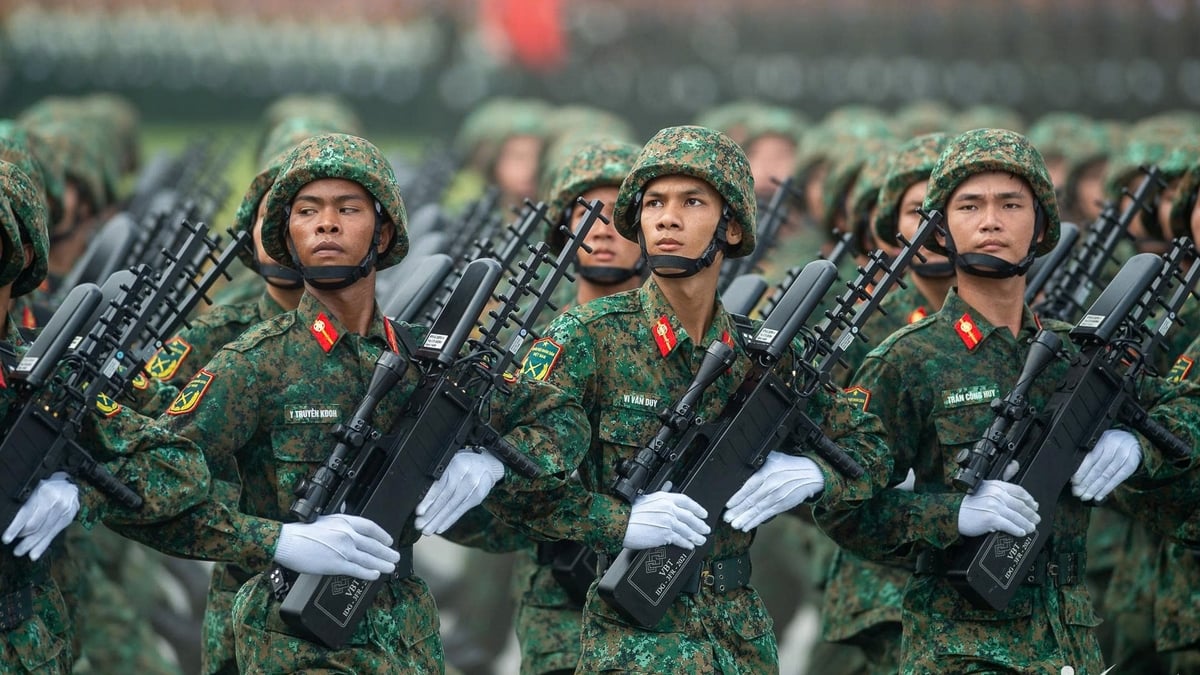
![[Photo] General Secretary To Lam attends the 80th Anniversary of the Cultural Sector's Traditional Day](https://vphoto.vietnam.vn/thumb/1200x675/vietnam/resource/IMAGE/2025/8/23/9f771126e94049ff97692935fa5533ec)




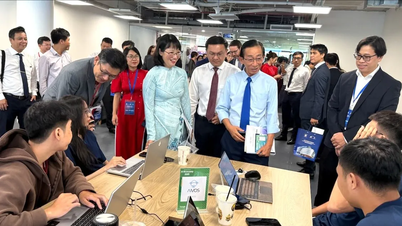



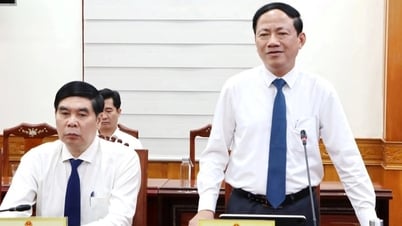



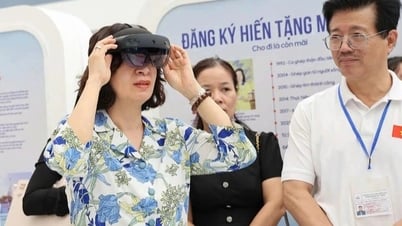









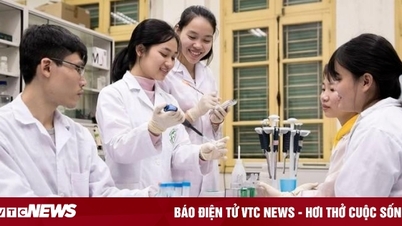



















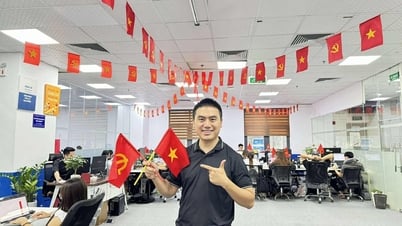














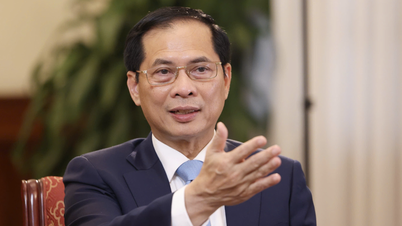

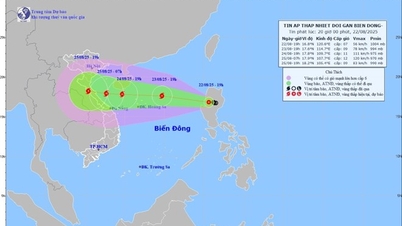



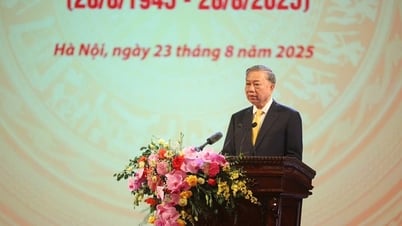
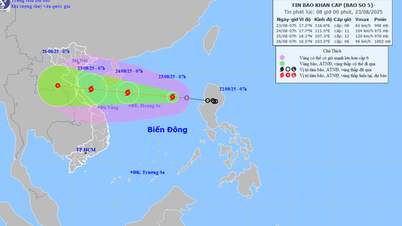
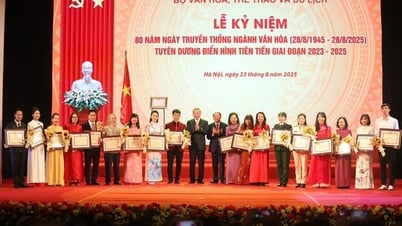


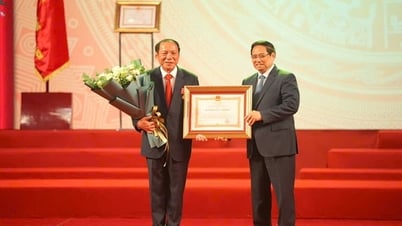


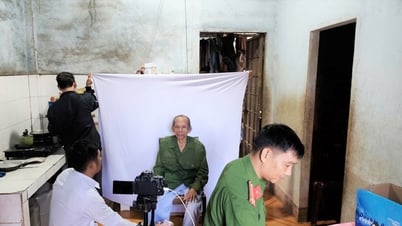

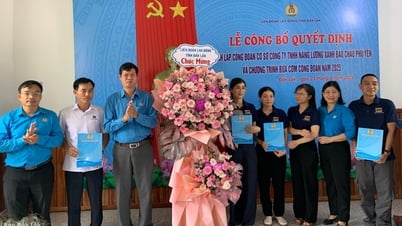





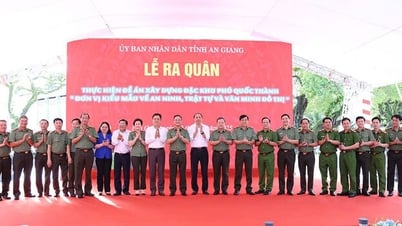








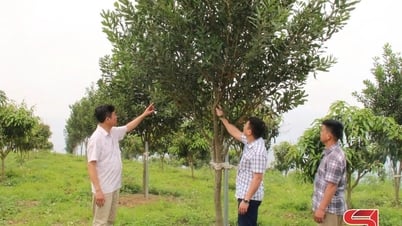







Comment (0)